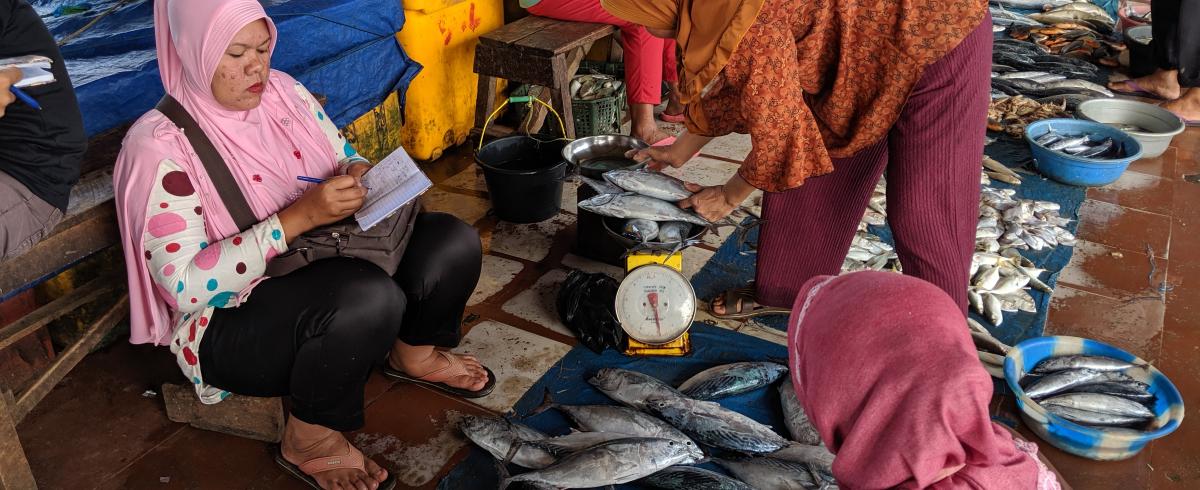Este libro da cuenta de los retos que pescadores y pescadoras de México y Cuba afrontan frente al cambio climático: el cambio en sus artes de pesca, el conocimiento que tienen sobre los cambios que han sufrido los ecosistemas y el clima –desde la perspectiva de varias generaciones atrás en contraste con la generación actual, así como los cambios climáticos locales que son periódicos, como “El Niño”-, de las formas de organización social, de la participación de las pescadoras en la ciencia ciudadana y también, de los cambios que como científicos y científicas hacemos a nuestros marcos teóricos y a las bases de datos para el análisis de especies y capturas. En fin, cada vez es más evidente que la multidisciplina es una necesidad creciente para entender los problemas complejos, y la relación entre cambio climático, pescadores-pescadoras y pesquerías no es la excepción.

